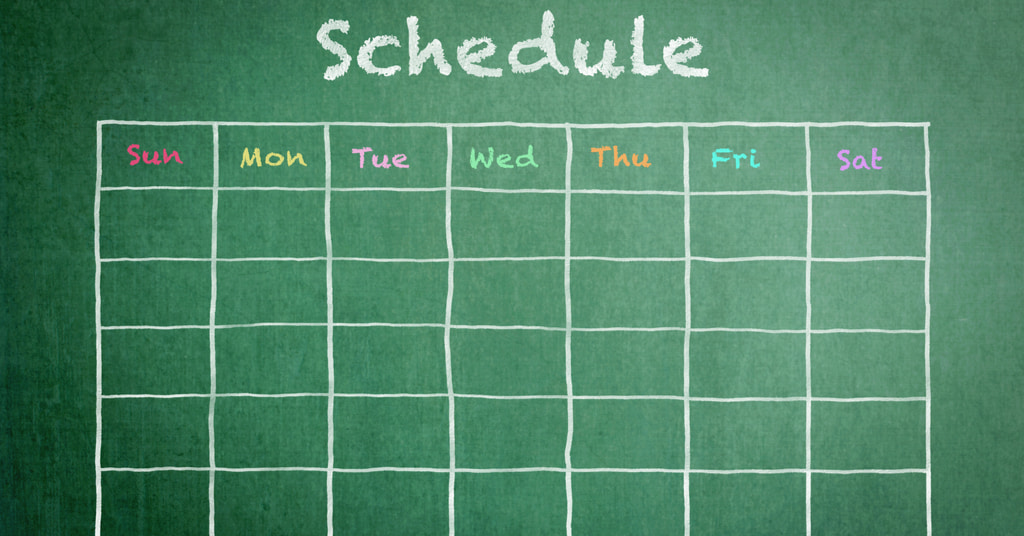Preparing for the SAT® exam can be a daunting task. If you don’t know where to begin, you’re not alone. Here is a breakdown of a three-month plan to follow in preparation for your upcoming testing.
Month One: Set Goals and Assess Your Baseline Performance
During month one, it is important to set goals and assess your baseline performance. After taking your first practice test, dedicate time to understanding your test-taking tendencies. It is crucial to find out where you are wasting time, making silly mistakes, and lacking knowledge.
It is not enough just to know that you answered specific questions incorrectly. You need to know why you got those questions wrong. Once you pinpoint what you can learn from your weak points, look at the questions you answer correctly.
It is important to evaluate the areas that you succeed in. Look over the questions you get right, and decide if there is room to improve your time efficiency. The best questions to improve your time effectiveness are the ones that you naturally do well on. Strategize your time effectiveness with the areas that you already succeed in.
Throughout the month, you should develop a strong understanding of your baseline and how much improvement is necessary in order to reach your goal scores. During the first month, take time to get familiar with the test’s format, style, and difficulty level. You should also take time to get familiar with the strategies that work for you.
Month Two: Review Foundational Concepts
Once you have developed a baseline and a strong understanding of your own performance, it is time to review the foundational concepts tested throughout the SAT test. The Reading, Writing, and Math tests are built to assess your understanding and skills with key concepts.
There are questions that will require your deeper understanding of conceptual information as well. To do well with these more complicated question types, you need to build a strong baseline understanding of the foundational concepts.
It is a good idea to review each question type, subsection, and section. If you find that your knowledge is lacking or you have not practiced a specific topic in your high school curriculum, spend month two learning any concepts that you have gaps with in your academic background.
Remember that the SAT exam is built off your high school curriculum, so it is likely that you will have experience with most topics. Don’t panic about having to learn the basics. This time should be more about review than learning new concepts.
Month Three: Practice Deeper Understandings
Month three should be dedicated to practice. Once you have set a baseline and reviewed the information in your studies throughout months one and two, use month three to test out strategies and focus on improving time effectiveness.
Some students find it helpful to ramp up their studying hours during month three. You should spend most of your time in month three practicing.
Some tips to keep in mind throughout your three-month study plan are:
- Take one practice test a month. The first test will set a baseline. The second test will track your improvements and outline the work you have left to do during the third month. The third test will display your overall improvement throughout your study plan and showcase your preparedness for test day.
- Break it up in terms of the topics that you are spending time on. Dedicate one day to studying the Writing test and the next day studying the Reading test, etc. You don’t need to dedicate hours and hours on end to one topic at a time.
As you work to prepare for the SAT exam, consider using UWorld’s SAT Prep Course for thousands of sample test questions, performance tracking tools, and detailed question explanations. Practice work is crucial when working to improve your SAT test scores.
Our practice exams are incredibly realistic to the official SAT test and will offer you legitimate experience to prepare you for test day. Our performance tracking tools are also very useful for pinpointing weak points and tracking your improvements.
You can use the detailed question explanations to learn from your mistakes and deepen your understanding of more complicated concepts. Try it out to boost your performance on the SAT exam!




